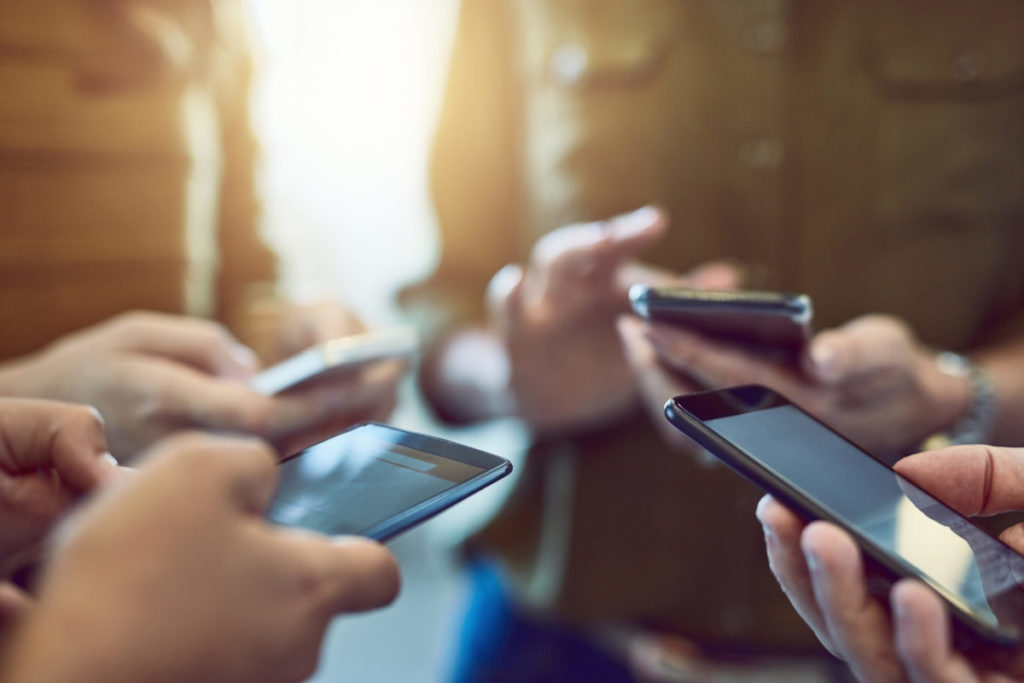How does technology use enhance daily experiences?

The modern world is increasingly intertwined with technology, transforming everyday experiences in profound ways. From home automation to personal health monitoring, technology is seamlessly integrating into our daily lives, making tasks easier, more efficient, and sometimes even enjoyable.
The Rise of Smart Homes
Smart homes are at the forefront of this revolution. Devices like smart thermostats, lights, and security systems are becoming more common. These gadgets learn from user behavior to create automated routines, ensuring comfort and security without manual intervention. For example, a smart thermostat can adjust the temperature to your preferred setting as you enter your home, or a smart security system can alert you to any unusual activity in real-time.
According to a report by Grand View Research, the global smart home market size is expected to reach $53.45 billion by 2025, growing at a CAGR of 12.0% from 2019 to 2025. This growth is driven by the increasing demand for convenience, energy efficiency, and enhanced security features.
Health and Fitness Monitoring
Technology is also revolutionizing the way we maintain our health and fitness. Wearable devices like smartwatches and fitness trackers monitor heart rate, sleep patterns, and physical activity. These devices provide valuable insights that help users make informed decisions about their health. Recent studies have shown that individuals who use these devices are more likely to achieve their fitness goals and maintain a healthier lifestyle.
The Global Market Insights report forecasts the wearable devices market to surpass $150 billion by 2026, driven by the rising awareness of personal health monitoring and the integration of advanced technologies like AI and machine learning.
Enhanced Learning and Education
In the education sector, technology has opened doors to personalized learning experiences. E-learning platforms provide students with access to a wealth of educational resources anytime, anywhere. Virtual reality (VR) and augmented reality (AR) are being used to create immersive learning experiences, making subjects like science and history more engaging and interactive.
A study by the World Economic Forum noted that online learning has the potential to reach up to 3.5 billion students globally, breaking down geographical barriers and making education more accessible.
Moreover, AI-driven educational tools can adapt to a student's learning pace, providing personalized lessons and instant feedback. This adaptive learning approach ensures that no student is left behind, enhancing the overall learning experience.
The Impact on Work and Productivity
Technology has also significantly impacted the way we work. Remote work and flexible hours have become more viable with the advent of collaboration tools like Zoom, Slack, and Microsoft Teams. These tools enable seamless communication and collaboration among team members regardless of their location.
A survey conducted by FlexJobs found that remote workers reported a 25% increase in productivity when compared to their office-bound counterparts. Additionally, the flexibility of remote work improves work-life balance, reducing stress and burnout.
Automation tools and AI are further enhancing productivity by handling repetitive tasks, allowing employees to focus on more creative and strategic aspects of their work. This shift is expected to reshape the future of work, making it more dynamic and efficient.
Technology in Entertainment
The entertainment industry has not been left untouched by technological advancements. Streaming services like Netflix and Amazon Prime offer a vast library of content, tailored to individual preferences through algorithms. Virtual reality headsets provide users with immersive gaming experiences, making entertainment more engaging and interactive.
The Global Entertainment and Media Outlook report by PwC predicts that the global entertainment and media market will grow to $2.6 trillion by 2023, driven by the increasing consumption of digital content.
In the music industry, platforms like Spotify and Apple Music recommend personalized playlists, and AI-generated music is becoming more common, catering to diverse tastes and preferences.
Challenges and Future Outlook
While technology brings numerous benefits, it also presents challenges. Concerns about privacy, data security, and the digital divide are paramount. Ensuring that technology is accessible to all and that user data is protected will be crucial in the coming years.
Looking ahead, the integration of AI and machine learning is expected to further enhance technology's impact on daily experiences. Smart cities, more advanced healthcare solutions, and even more sophisticated educational tools are on the horizon, promising a future where technology is an indispensable part of everyday life.
As we continue to embrace these advancements, it is essential to strike a balance, leveraging technology to improve our lives without losing touch with the human aspects that make those lives meaningful.
```
0 Response to " How does technology use enhance daily experiences?"
Post a Comment